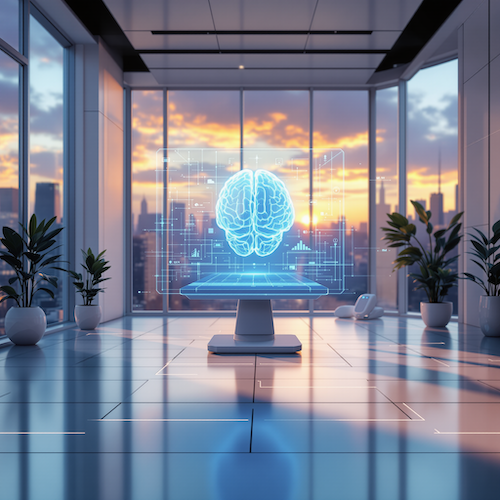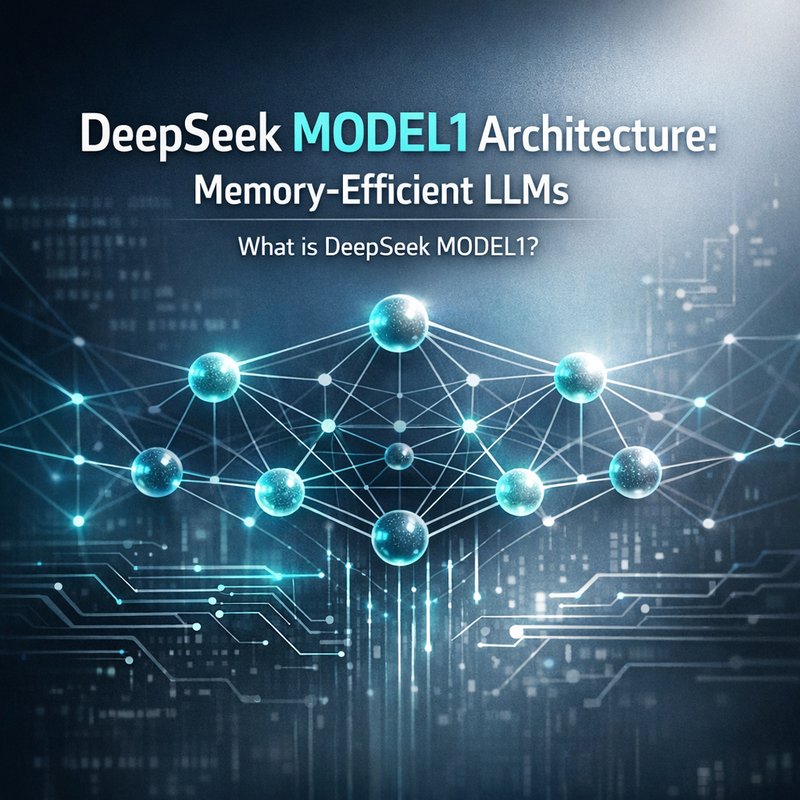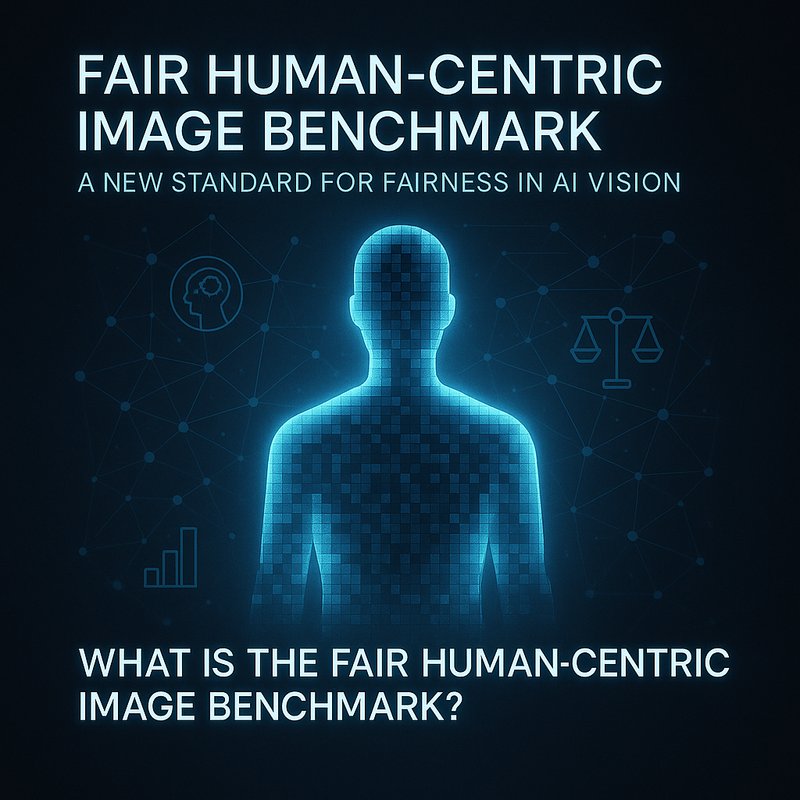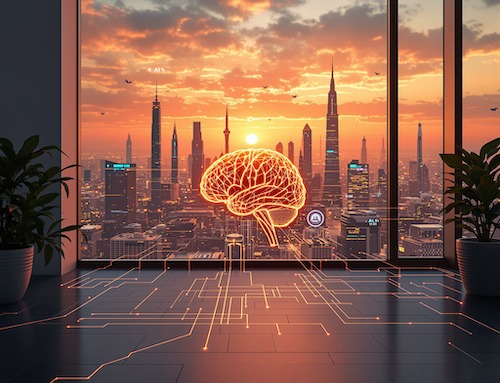How AI Tools Like VisionMD Are Transforming Patient Care and Diagnosis
The healthcare industry is undergoing a profound transformation, driven by the integration of artificial intelligence (AI). Tools like VisionMD are at the forefront of this revolution, reshaping how doctors diagnose, treat, and interact with patients. This article explores how AI is redefining healthcare, making it more precise, personalized, and patient-centric.
The AI Advantage: Enhancing Diagnostic Precision
AI is proving to be a game-changer in diagnostics, offering unparalleled precision and speed. VisionMD, an open-source AI tool, is leading the way in analyzing medical images to detect subtle anomalies that might escape the human eye.
- Spotting the Unseen: AI’s ability to identify early signs of diseases like cancer and diabetic retinopathy is revolutionizing early detection and treatment.
- Speed Meets Accuracy: AI systems can process vast amounts of data in seconds, enabling rapid diagnoses and reducing wait times for patients.
- A Second Opinion You Can Trust: AI serves as a reliable second pair of eyes, helping doctors confirm diagnoses and reduce errors.
Transforming Patient Outcomes Through Smarter Care
AI’s impact extends beyond diagnostics, influencing every aspect of patient care. By integrating AI into treatment plans, healthcare providers are seeing significant improvements in patient outcomes.
- Personalized Treatment Plans: AI analyzes patient data to tailor treatments to individual needs, leading to more effective care and better results.
- Predictive Care: AI’s predictive capabilities enable doctors to anticipate potential complications, allowing for proactive intervention.
- Enhanced Patient Engagement: AI-powered tools empower patients to take a more active role in their health, fostering a partnership between patients and providers.

Streamlining Clinical Workflows for Overburdened Healthcare Providers
The administrative burden on healthcare professionals is a well-known challenge. AI is stepping in to alleviate this pressure, allowing doctors and nurses to focus on what truly matters—patient care.
- Automating Routine Tasks: AI handles everything from appointment scheduling to data entry, freeing up staff to concentrate on more critical tasks.
- Real-Time Insights: AI provides real-time data analysis, helping healthcare providers make informed decisions quickly.
- Reducing Burnout: By streamlining workflows, AI is helping to combat the burnout that has become all too common in the medical field.
The Future of Medicine: Personalized and Predictive
The integration of AI into healthcare is not just about improving current practices; it’s about reimagining the future of medicine. Here’s a glimpse of what’s on the horizon:
- The Rise of Personalized Medicine: AI is enabling treatments to be tailored to individual genetic profiles, leading to more effective and targeted therapies.
- Predictive Healthcare: AI’s ability to forecast health trends and identify at-risk patients is paving the way for preventive care like never before.
- Telemedicine and Beyond: AI is enhancing telemedicine, making quality care more accessible and setting the stage for new innovations in remote healthcare.
Navigating the Ethical Landscape
As AI becomes more integral to healthcare, important ethical questions arise. Addressing these concerns is crucial to ensure that AI remains a force for good.

- Data Privacy and Security: Safeguarding patient data in an AI-driven world is paramount. Stricter regulations and advanced security measures are essential to protect sensitive information.
- Bias in AI Algorithms: Ensuring that AI systems are free from bias is critical to avoiding disparities in care. Continuous monitoring and updates are necessary to maintain fairness.
- The Human Touch: While AI is a powerful tool, it cannot replace the empathy and judgment of human healthcare providers. Finding the right balance between technology and human care is key.
Empowering Patients in the AI Era
AI is not just a tool for healthcare providers; it’s also empowering patients to take charge of their health. Here’s how:
- Better Understanding of Health Data: AI helps patients make sense of their health data, enabling them to make informed decisions.
- Improved Communication with Providers: AI facilitates clearer communication between patients and doctors, ensuring that everyone is on the same page.
- Self-Management Tools: AI-powered apps and platforms are giving patients the tools they need to manage chronic conditions and stay on top of their health.
Conclusion: A New Chapter in Healthcare
The integration of AI into healthcare is not just a trend—it’s the future. Tools like VisionMD are leading the charge, transforming the way we diagnose, treat, and manage patient care. While there are challenges to navigate, the potential of AI to improve lives is undeniable. As we move forward, one thing is clear: the future of healthcare is brighter, more precise, and more patient-centric than ever before.
Explore how Neura AI is transforming industries with cutting-edge AI solutions: Meet Neura AI.









